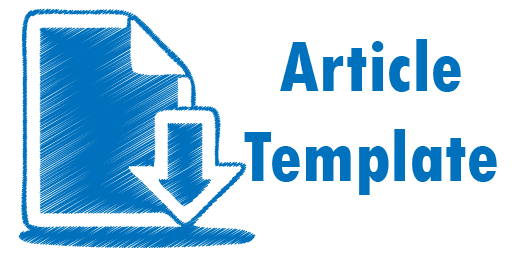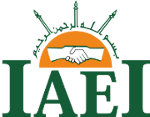KONVERSI BANK KONVENSIONAL MENJADI BANK SYARIAH DITINJAU DARI HUKUM POSITIF DAN HUKUM ISLAM
DOI:
https://doi.org/10.47498/tasyri.v10i2.214Keywords:
conventional bank, sharia bank, conversionAbstract
The phenomenon of industrial development of Islamic Banking in Indonesia after the Act No. 10 of 1998 concerning Amendment to Law No. 7 of 1992 took place with so rapidly. This happens because in the era of the Law No. 1998 banking law development policies using dual banking system (dual banking system), the permissibility of conventional commercial banksprovider the service with the first form of Islamic Sharia (UUS). Provision of services easier by the existence of sharia office channeling concept (use of conventional commercial banks in servicing transactions with Islamic Laws, provided that the bank in question has had
Sharia or abbreviated by the term UUS) as introduced in the Bank Indonesia Regulation (PBI) Amandement No. 8/3/PBI/2006 Operations Conventional Commercial Banks to Commercial Banks Conducting Business Based on Sharia Principles and Office Opening Bank Conducting Business Based on Sharia Principles by Conventional Commercial Banks as amended by Regulation No. 9/7 / PBI/2007. The core of the office channeling is that it allows a conventional
bank or conventional bank branches providing Islamic services without the need to first establish
UUS but simply provides a special unit in the office of the bank in the form of a counter question.
Downloads
Downloads
Published
Issue
Section
License
- Hak publikasi atas semua materi informasi yang tercantum dalam situs jurnal ini dipegang oleh dewan redaksi/editor dengan sepengetahuan penulis. Pengelola Jurnal akan menjunjung tinggi hak moral penulis.
- Aspek legal formal terhadap akses setiap informasi dan artikel yang tercantum dalam situs jurnal ini mengacu pada ketentuan lisensi Creative Commons Atribusi-Non Commercial-No Derivative (CC BY-NC-ND), yang berarti bahwa hanya dengan izin penulis, informasi dan artikel Jurnal AT-TASYRI' dapat didistribusikan ke pihak lain dengan tanpa merubah bentuk aslinya untuk tujuan non-komersial.
- Setiap terbitan Jurnal AT-TASYRI', baik cetak maupun elektronik, bersifat open access untuk tujuan pendidikan, penelitian, dan perpustakaan. Di luar tujuan tersebut, penerbit atau pengelola jurnal tidak bertanggung jawab atas terjadinya pelanggaran hak cipta yang dilakukan oleh pembaca atau pengakses.






